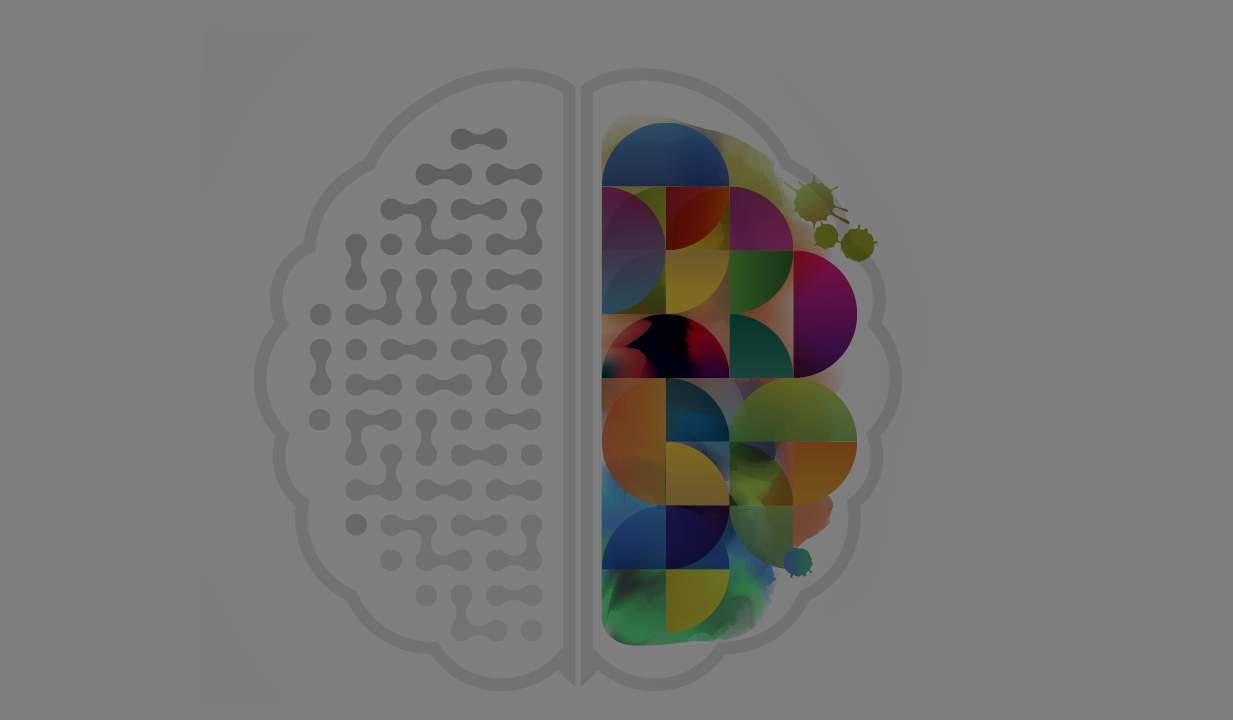NATIONAL HARBOR, MD. — A Jack Russell terrier that survived 24 days alone at sea on an abandoned oil tanker captured the hearts and minds of millions of people, sparking an outpouring of support to the Hawaiian Humane Society and efforts by the U.S. Navy that probably cost a half-million dollars.
Thousands of dogs are euthanized at animal shelters all the time, would it not be a wiser use of resources to address that, rather than one canine, posited Shankar Vedantam, National Public Radio (NPR)’s social scientist correspondent and host of “The Hidden Brain” podcast.
Empathy works when people are able to focus. “I can ask you to put yourself in the shoes of another person but not in the shoes of 1,000 people,” Vedantam said. “When you have a lost dog on a tanker in the Pacific, there’s something about that story that allows our empathic systems to work,” he said.
The anecdote was among a number of examples of how the human mind works when it comes to generosity and giving during his 45-minute opening general session, “The Hidden Brain and Generosity,” yesterday morning at the annual Bridge to Integrated Marketing & Fundraising Conference: The Art and Science of Fundraising and Marketing.
More than 2,300 direct response fundraisers gathered at the Gaylord National Hotel and Conference Center for the 13th annual conference that runs through today, sponsored by the Association of Fundraising Professionals (AFP) Washington, D.C., Chapter and Direct Marketing Association of Washington, D.C. (DMAW).
The story, and other tidbits offered by Vedantam during his opening general session, are relevant to fundraisers. “So much of generosity and philanthropy involves stories about why we do what we do,” he said. If 1,000 dogs were stranded on that tanker, it ought to be a more compelling story but it actually would have been less compelling, he opined. Thousands of dollars were raised to send search parties to save “Hokget.”
“Think about what the story is that allows people to reach into the shoes of those you’re trying to help. Make sure you focus on the one and not the many.”








